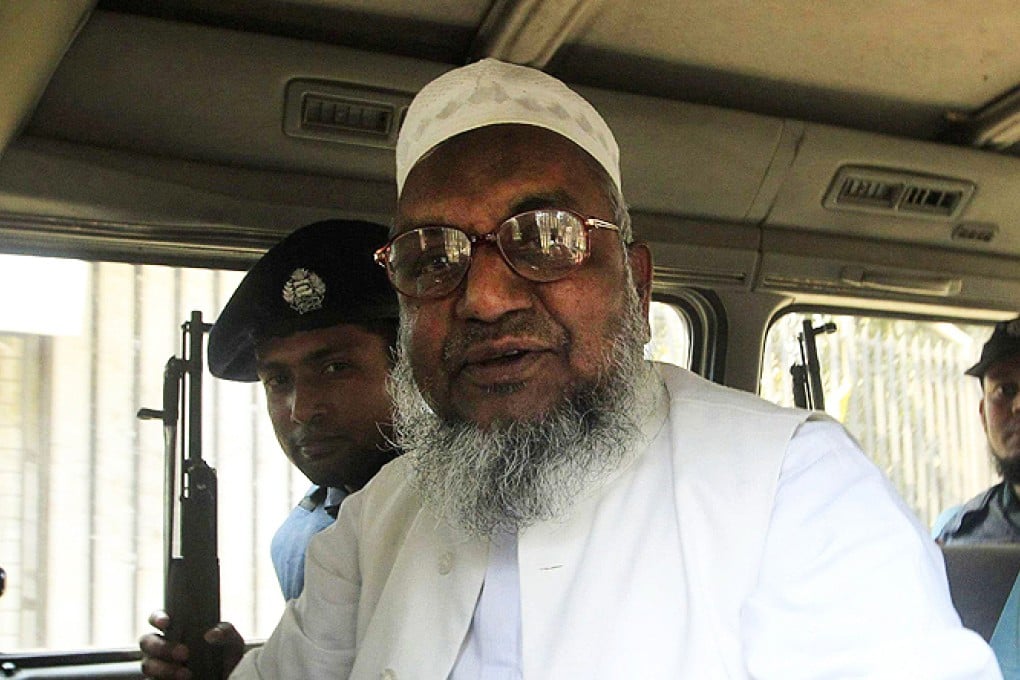Bangladesh halts execution of opposition leader
Stay of execution secured for Islamist opposition leader Abdul Quader Mollah as Jamaat-e-Islami party warns of ‘dire consequences’ if he is hanged

Lawyers for an Islamist opposition leader in Bangladesh were trying to get his death sentence thrown out on Wednesday after a late reprieve saved his life just hours before he was to be hanged.
Abdul Quader Mollah, convicted of war crimes during the nation’s war of independence against Pakistan in 1971, was due to be executed at one minute past midnight on Wednesday morning, but lawyers went to the home of Judge Syed Mahmud Hossain and secured a postponement.
Now, the lawyers are trying to convince the Supreme Court to throw out the sentence in a case that could usher in a fresh wave of political violence ahead of national elections set for next month.

Thousands of people who supported the execution of Mollah had gathered on Tuesday night at a major intersection in the capital, Dhaka, to celebrate, but were instead shocked by the reports of the postponement. Many Facebook users in Bangladesh expressed their dissatisfaction over the legal tangles that delayed carrying out the death sentence.
As authorities finalised the time for the execution many mobile phone users in Bangladesh got a short message from an unknown number that said if Mollah was executed a civil war could break out. The Bangladesh Telecommunication Regulatory Commission said it is trying to determine who sent the message.
On Tuesday night, defence counsel Sazzad Ali Chowdhury said the postponement gave them time to file the petition which the Supreme Court’s Appellate Division was reviewing on Wednesday.